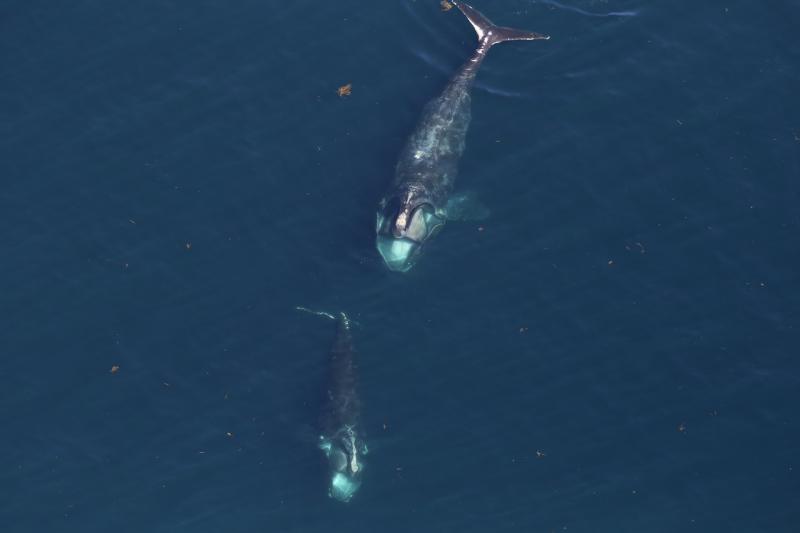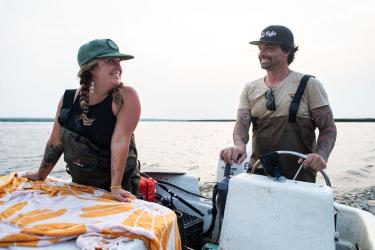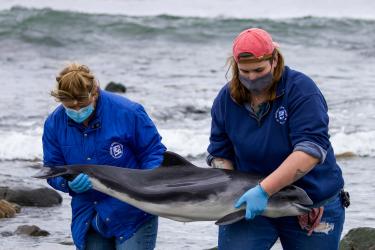NOAA Fisheries is disappointed that the Maine Lobstermen’s Association announced it is backing away from its commitment to regional measures to reduce the risk of right whale serious injuries and deaths. This week, I responded to their concerns with this letter.
As I wrote in September, the Atlantic Large Whale Take Reduction Team nearly unanimously agreed to a commitment to reduce risk by 60 percent at its April 2019 Team meeting. With a population of only about 400, and fewer than 95 breeding females remaining, protecting every individual is a priority in order to avoid extinction. Right whales cannot withstand continued losses of mature females—the species is at a critical point.
NOAA Fisheries is disappointed that the Maine Lobstermen’s Association announced it is backing away from its commitment to regional measures to reduce the risk of right whale serious injuries and deaths. The Atlantic Large Whale Take Reduction Team nearly unanimously agreed to a commitment to reduce risk by 60 percent at the April 2019 Team meeting.
Under the Marine Mammal Protection Act, NOAA Fisheries is required to develop and implement Take Reduction Plans to recover marine mammal stocks that are seriously injured or killed in commercial fisheries, as right whales are.
As part of the Take Reduction Plan process, Take Reduction Teams composed of stakeholders make consensus recommendations for reducing serious injury and deaths in U.S. fisheries. The Atlantic Large Whale Take Reduction Team includes both state agency and fishing industry members from Maine. While the Take Reduction Team strives to reach consensus recommendations, the agency will consider the extent of support for alternate proposals when consensus is not reached, and has the ultimate responsibility to take action.
The Maine Lobstermen’s Association presented some information to suggest that the risk reduction target of 60 percent was higher than necessary, and noted the risk of entanglement posed by other fisheries. NOAA Fisheries is reviewing the letter, as well as conducting additional analysis, and looks forward to working with the MLA on any clarifying questions or concerns.
Although the Maine lobster industry formally withdrew its support of the near consensus agreement, members of the Maine caucus have stated a willingness to continue to work with the agency, the Take Reduction Team, the state of Maine, and their members to identify measures that address the risk that the Maine lobster fishery poses to right whales. We stand ready to continue to assist Maine in whatever way possible to achieve the necessary level of risk reduction to these critically endangered whales.

We intend to address the threats posed by gillnets and to humpback whales at future Take Reduction Team meetings.
Chris Oliver
Assistant Administrator for NOAA Fisheries


